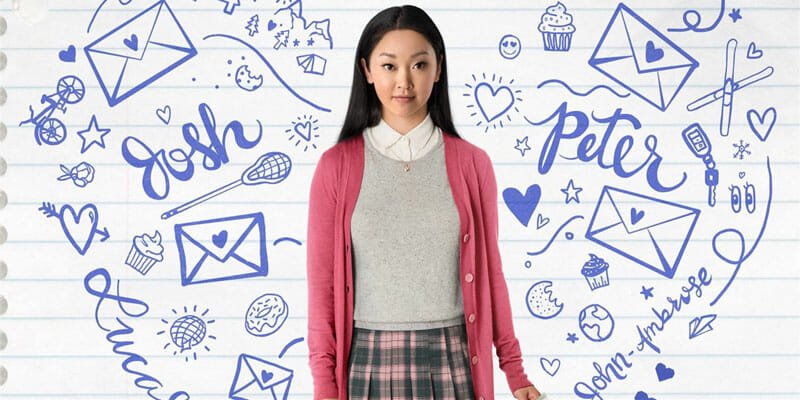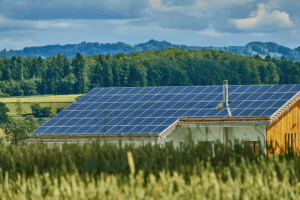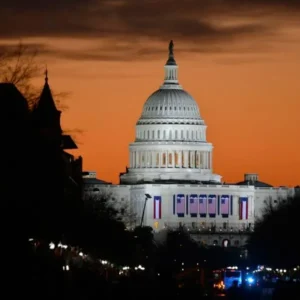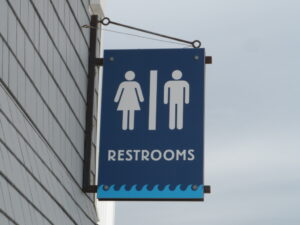The first time I watched the trailers for Crazy Rich Asians and To All the Boys I’ve Loved Before, overwhelming feelings of excitement, relief, and liberation rushed through me. Not only did they look like amazing movies, but they featured leads and a cast who looked like me.
Growing up, mostly everyone I knew had a whole ensemble of characters in shows, movies, and books that they could relate to and looked like them. They were able to dress up like those characters on Halloween and not be asked if they were someone from anime. They were able to see a variety of icons in their favorite films and books who shared their physical features, and become excited that they were represented. But I only had two characters: Mulan and Wendy Wu. I was lucky to even see an extra who looked like me.
Representation isn’t something many people find that big of a deal and I understand why; people don’t think a lack of representation is harmful because, as they say, people are people and not having characters who physically resemble you isn’t something to be upset about. Except that it is: “When you don’t see people like yourself, the message is: you’re invisible. The message is: you don’t count. And the message is: ‘There’s something wrong with me’ ”. A sociologist, Michael Morgan, tells Huffington Post the importance of representation and the harmful emotional affects it can have on someone; although it may be difficult for those who don’t deal with a lack of representation or misrepresentation to understand this, the fact is when you are not being represented and celebrated by society, you feel undervalued. Furthermore, when there are a lack of minorities portrayed or portrayed in a way that perpetuates harmful stereotypes ( like Asian people always being smart or kung fu experts) it teaches people that this is who these minorities are, and in the process this damages how you see yourself and how others see you. You become dehumanized into a stereotype, rather than a person. Your features that people are so unfamiliar with due to this lack of representation then creates a vulnerability, a way for you to be mocked. You are forced to conform into a person that is not you but merely how society perceives you, and, more often than not, those perceptions are not entirely accurate.
But, with movies like Crazy Rich Asians and To All the Boys I’ve Loved Before, Asians in the United States, United Kingdom, Australia, and more were finally able to witness stories that didn’t portray them one dimensionally. Through these films, I was able to see people who looked like me that weren’t being reduced to the sidekick brainiac; for once they had their own unique stories and traits. I don’t want anyone to live in a world where they don’t get to see themselves be the hero or wonder if there’s something wrong with them because the people on the screen, people who we often look up to and idolize, don’t look like them. The harmful stereotypes that have been going on for far too long have finally begun to be dismantled through these films, and my hope is that such representation only continues and expands our definition of what an “Asian” and other minorities truly are, creating a more inclusive world in the process.






